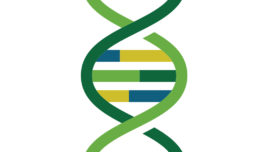Career Interview: Thomas Bird, MD
Professor, Neurology and Medical Genetics University of Washington, Seattle ASHG: If you could go back to when you were a trainee, what is one piece of advice you would give yourself for your current career? Dr. Bird: When choosing projects to pursue, select those that you find really interesting and that match your particular talents. I... Read More

